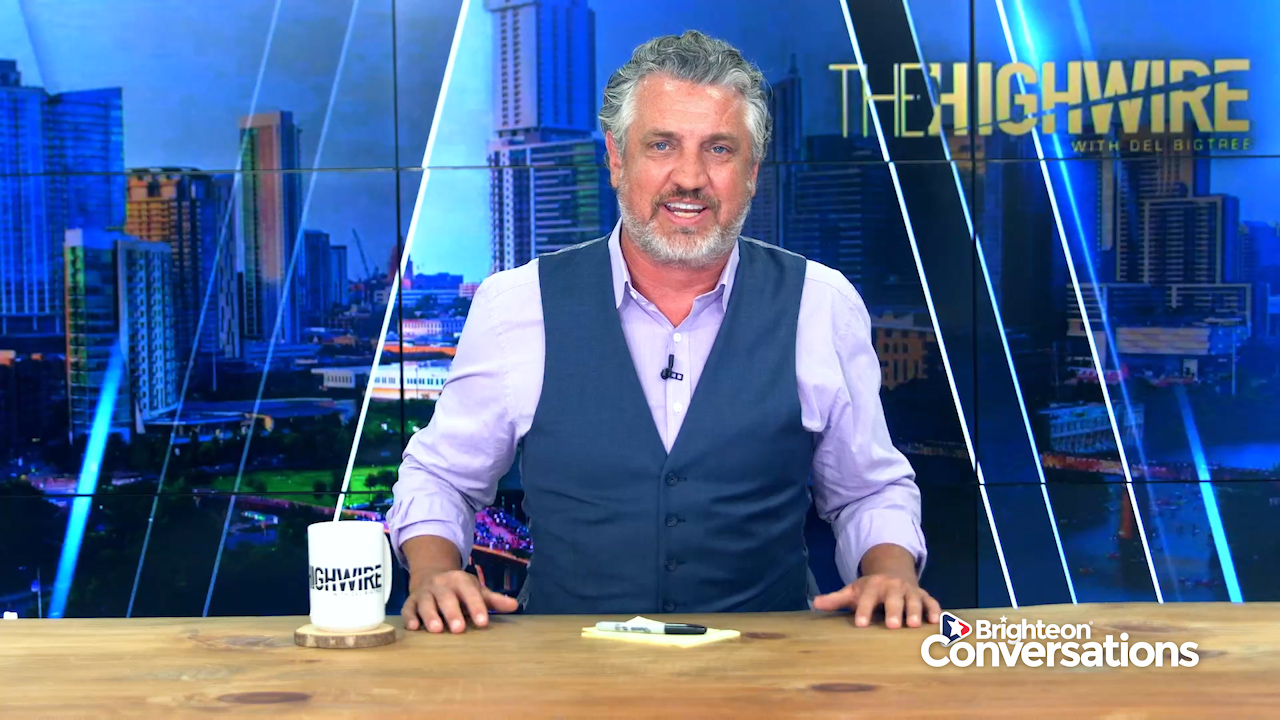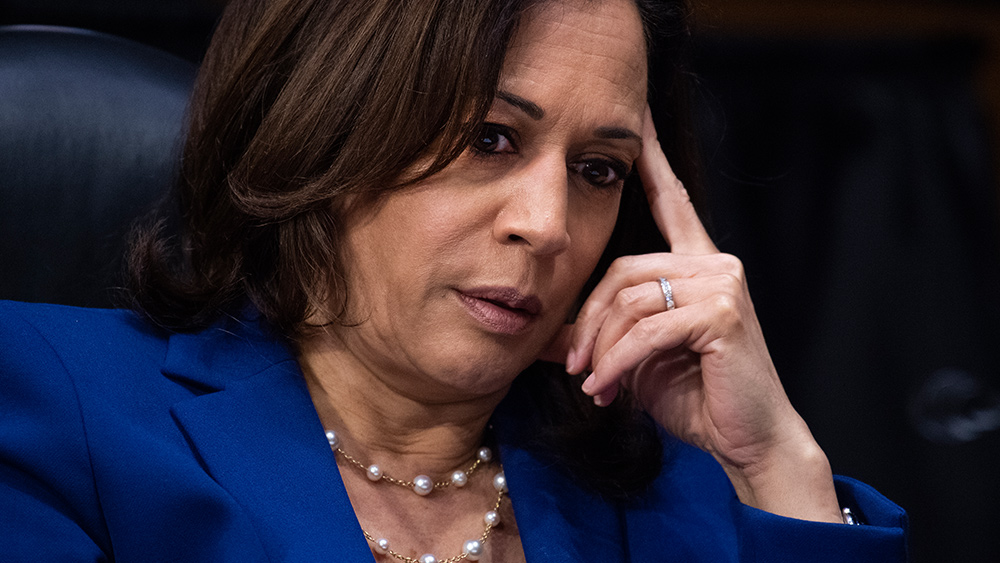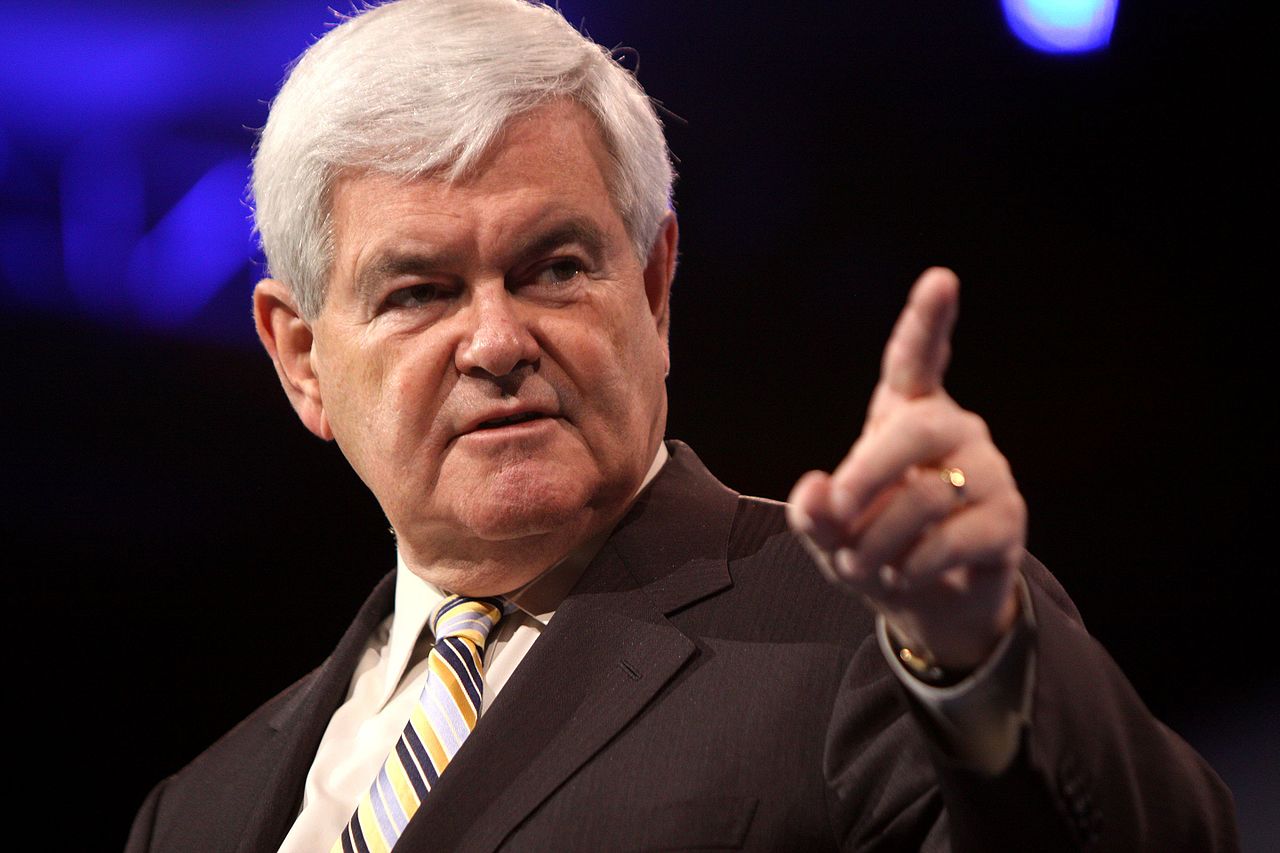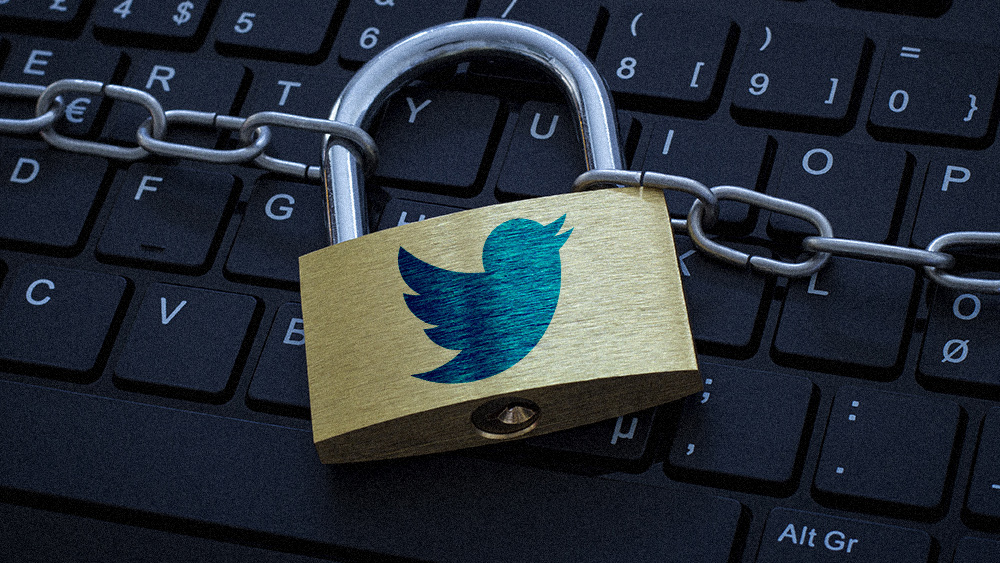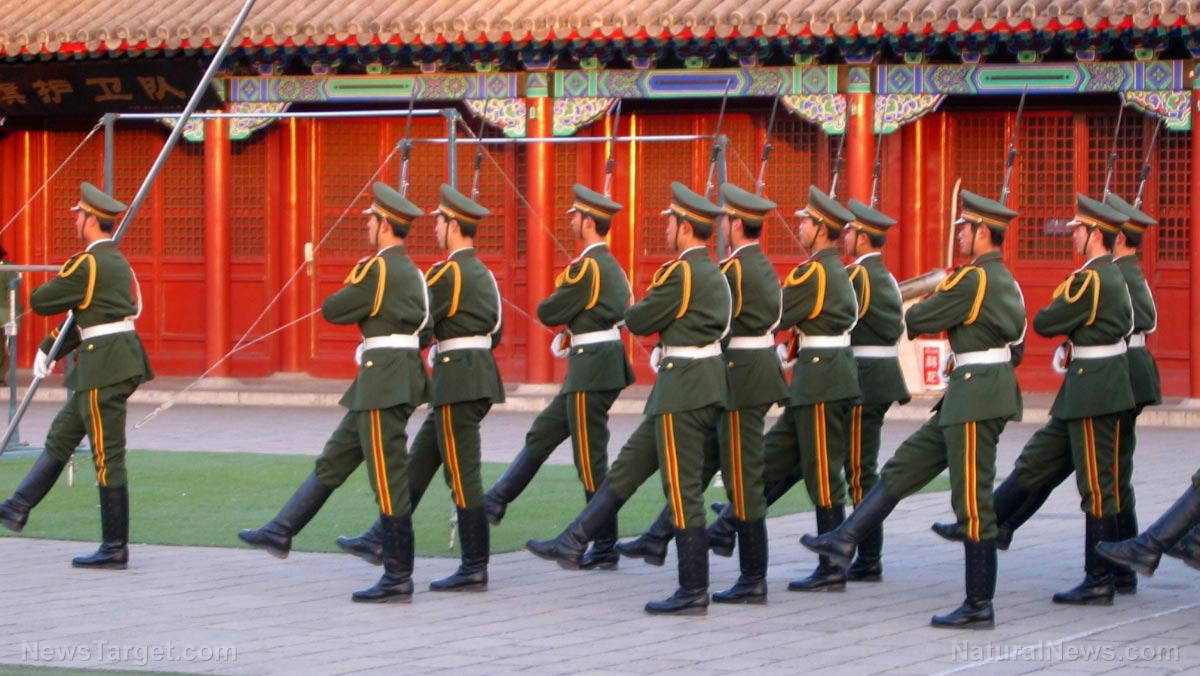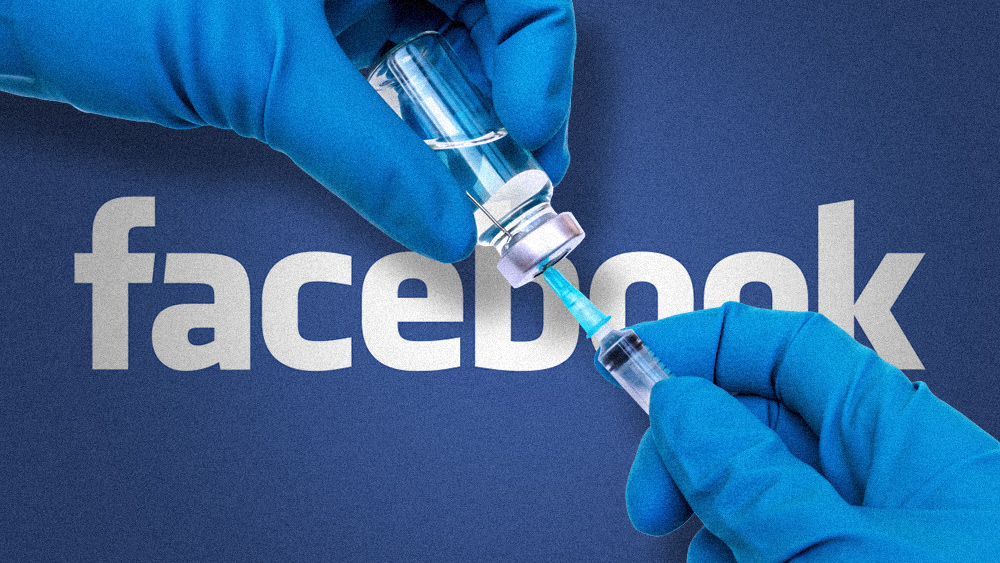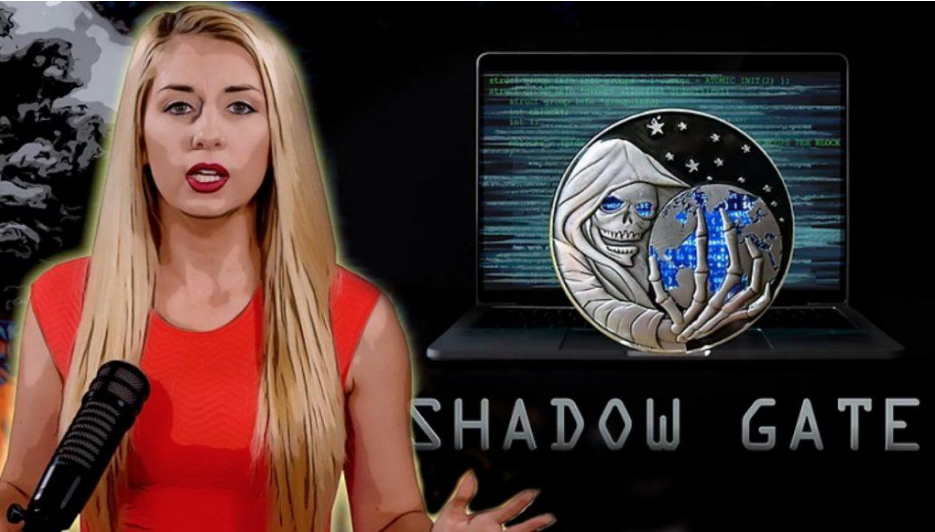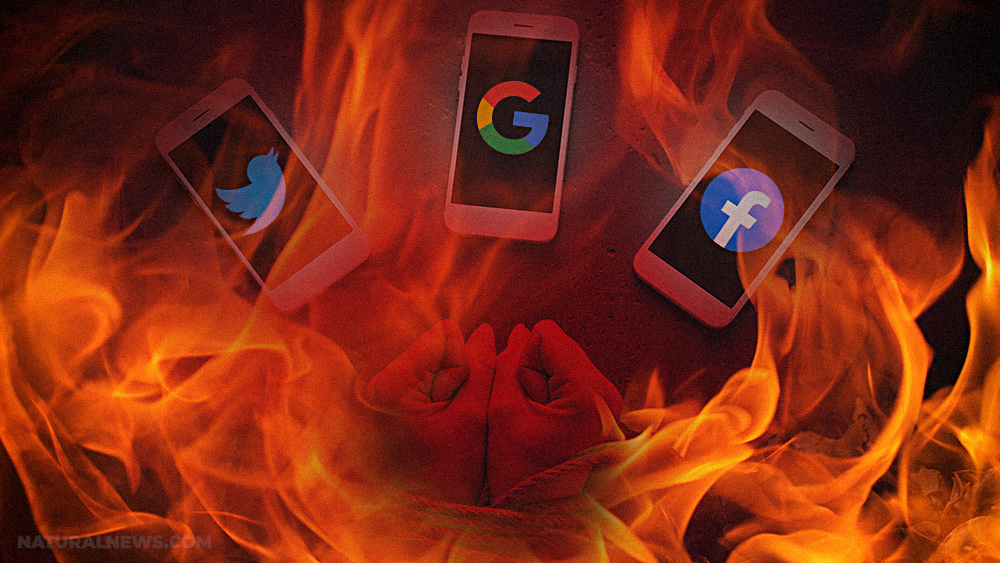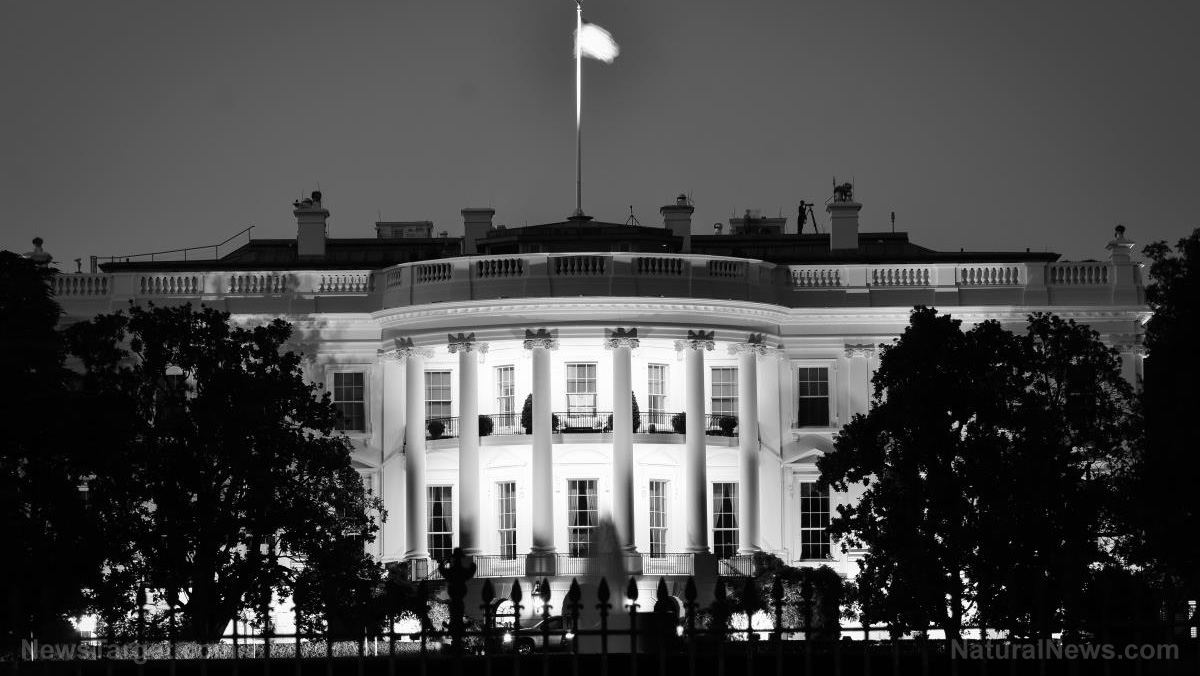By banning all videos that “interfere” with Joe Biden having a shot at winning the election, YouTube itself is interfering with the election
08/21/2020 / By Ethan Huff
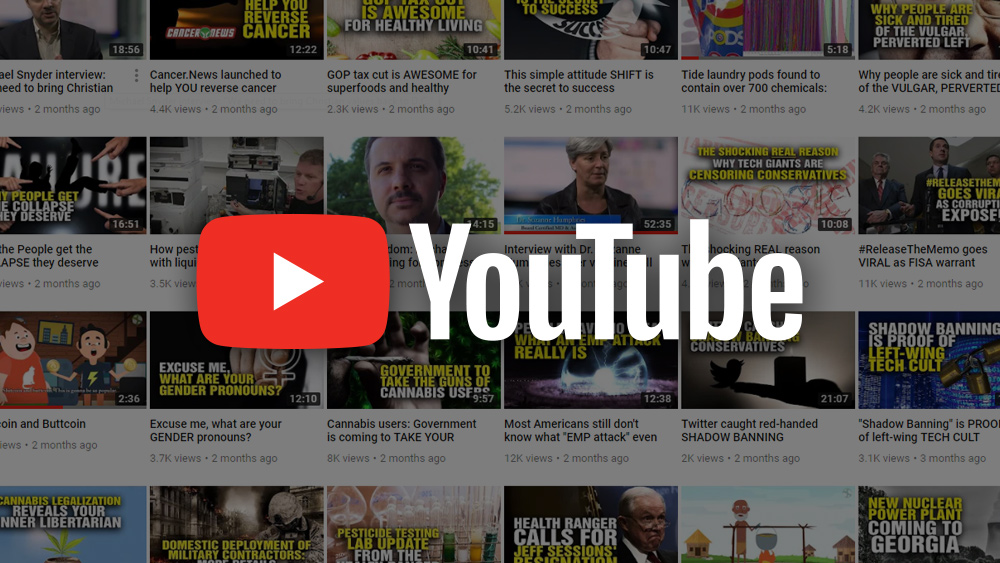
As we announced the other day, YouTube will soon be implementing a new censorship policy that aims to silence all content deemed as having been obtained via “hacking” – even when said content is actually true.
The purpose of this, according to YouTube, is to prevent “election interference” this fall – how nice of YouTube, right? But wait, is this not also a form of election interference on the part of YouTube?
The dumbing down of America cannot possibly have reached the point to where people are unable to recognize that removing content that supposedly interferes with the election is, in and of itself, a form of election interference, can it?
Everyone knows that this new policy is centered around the infamous John Podesta emails that were hacked back in 2016, revealing failed presidential candidate Hillary Clinton as the rotten scumbag that she truly is. Nothing in these emails was fake, and yet because it was supposedly obtained through a “hack,” it will now be off-limits from YouTube.
You see how that works? Anything that exists behind the firewall, so to speak, can no longer be published on YouTube because it might interfere with the election – meaning Joe Biden’s chances of winning must be next to nil, otherwise this would not be happening at precisely this time and place.
“If some kind of news from some kind of hack is hot, all that matters is whether it’s true or not, not whether it changes public perceptions,” writes Monica Showalter for American Thinker.
“YouTube is focused on those ‘perceptions’ though and has changed its policy to make sure there is no change of perceptions. Status quo, anyone?”
Desperate Democrats know they have almost no chance of winning the election
Try as it might to stop the flow of “hacked” information online, the only thing YouTube is going to accomplish with this latest change is to drive more people away from YouTube. If they are unable to get their information out through this medium, then on they will go to another.
This is the silver lining to this whole thing; the fact that YouTube, which is owned by Google, is only shooting itself in the foot by silencing the truth under the guise of “protecting elections.”
“This YouTube move accommodates their looney logic, which is a partisan political statement right there,” Showalter further explains. “It’s also a useless move because hackers are going to hack and if they’ve got something hot, people will get such news from some place else besides YouTube.”
Another irony of this new policy is that mainstream media outlets routinely broadcast information, true or otherwise, that came from “hacked” sources. The Russian collusion conspiracy theory, as one prominent example, was entirely based on hacked, and in this case false, information that was strategically dredged up to try to sink Donald Trump’s chances of winning the presidency.
However, now that it appears Trump may be headed towards a second term, hacked information is no longer permitted because it will almost certainly dash all remaining odds that Democrats have of any chance whatsoever of recapturing the White House this Nov. 3.
“The whole thing is badly thought out and clearly the work of some coordination with Democrats. For the professional hacker community, foreign or otherwise, that’s a dinner triangle, suggesting that they’ve now got something to hide,” Showalter concludes.
“Here’s the irony of it: It’s profoundly anti-democratic. This great move undertaken to ‘save’ democracy from the machinations of hackers comes at the expense of why we have democracy at all, which is freedom. You don’t save democracy by destroying a free press, pals.”
For more related news about YouTube censorship, be sure to check out Censorship.news.
Sources for this article include:
Tagged Under: Censorship, election interference, free speech, Google, hacked, Joe Biden, YouTube
RECENT NEWS & ARTICLES
COPYRIGHT © 2017 BigTech.news
All content posted on this site is protected under Free Speech. BigTech.news is not responsible for content written by contributing authors. The information on this site is provided for educational and entertainment purposes only. It is not intended as a substitute for professional advice of any kind. BigTech.news assumes no responsibility for the use or misuse of this material. All trademarks, registered trademarks and service marks mentioned on this site are the property of their respective owners.

